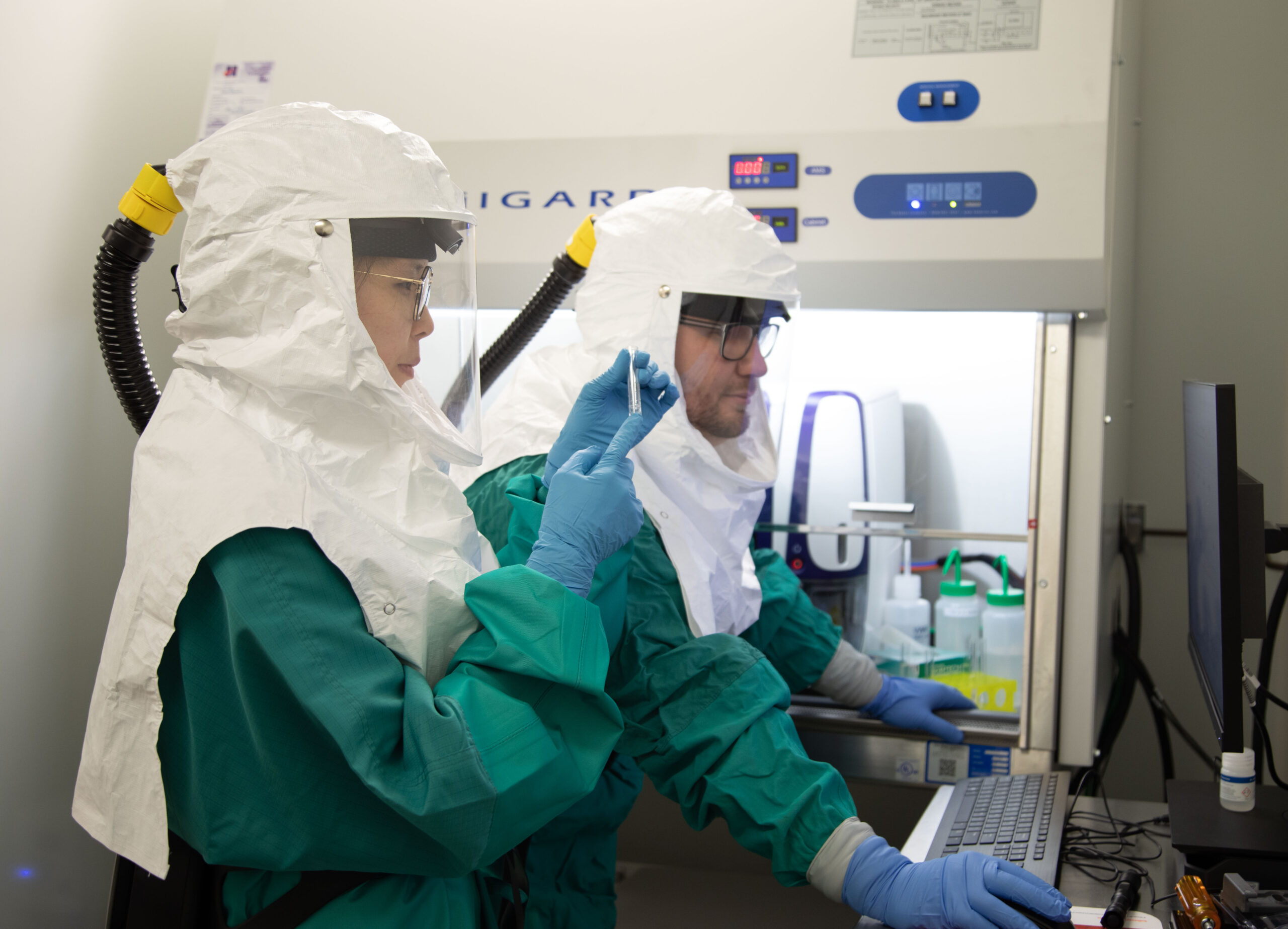About EPIC

EPIC will work with partners in the Toronto Academic Health Science Network to combat infectious diseases and provide expertise on fighting the next pandemic.
Launched in January 2022, EPIC was born out of a desire to better integrate research and expertise across the University of Toronto and the city’s major hospital research institutes to respond quickly and effectively to infectious disease threats. The COVID-19 pandemic demonstrated what could be achieved when interdisciplinary teams work together towards a common goal.
Building on that momentum, EPIC set out to harness the partnerships, expertise and infrastructure established amongst its partner institutions to combat COVID-19 and use those as a foundation to create a stronger, more dynamic ecosystem of collaboration.
Our goal is to empower our diverse community of clinicians, engineers, public health experts and scientists to advance innovative infectious disease research and create rapid research response capacity to control emerging pathogens before they become established as a global pandemic.

